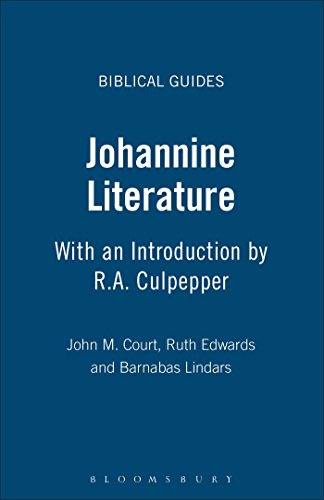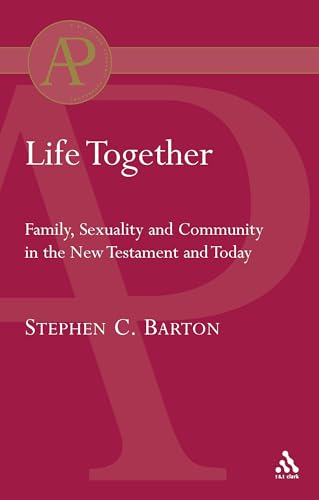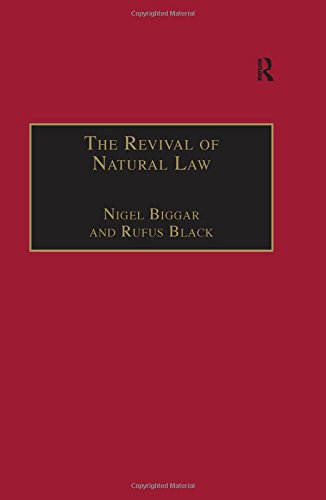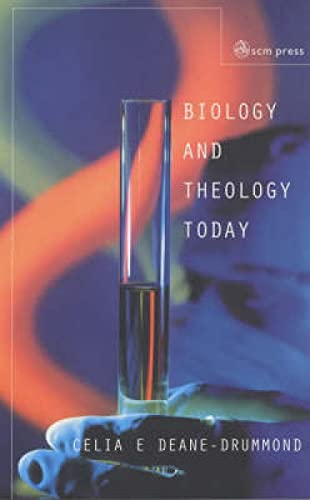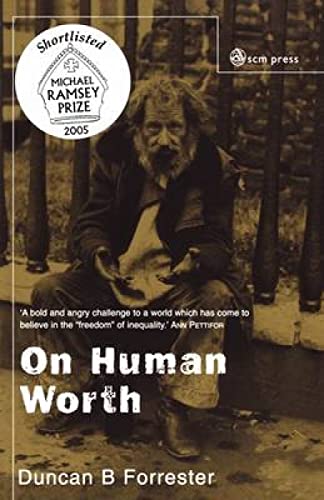Unapologetic Apologetics: Meeting the Challenges of Theological Studies
Written by William A. Dembski and Jay Wesley Richards (eds) Reviewed By Chris SinkinsonPrinceton Theological Seminary has always been known as a prestigious centre of theological learning. It has also been a seminary that has undergone profound change. In the nineteenth century the evangelical luminaries, Hodge and Warfield, made it a focus for Reformed theology. In the twentieth century that heritage gave way to the mainstream liberalism of the day. This book is evidence that the process of change is still underway and that, whatever the next stage might be, there are good grounds for evangelical optimism.
A number of students at Princeton formed the Charles Hodge Society. This student-led group presented regular papers seeking to re-establish the credibility both of evangelical theology and the practice of apologetics. They also revived the Princeton Theological Review, a journal that had ceased with the shifting agenda of the Seminary. This book is instructive both because of the essays themselves and what they represent. The essays are learned and insightful. The collection as a whole represents a way for evangelicals to respond to the liberal and post modern agenda.
The major essays of the collection are by William Dembski, Raymond Cannata, Jay Wesley Richards, Michael Bush, Leslie Zeigler, Gary Deddo and Matthew Frawley. The essays were themselves papers given at the Charles Hodge Society meetings. Subject areas include apologetic methodology, the doctrine of Scripture, the incarnation, the challenge of feminism and Darwinism. One might note with surprise the absence of any essays dealing directly with the issues of religious pluralism or the problem of evil. However, the subjects covered are handled in an engaging way with plenty of reference to contemporary debates. The arguments are scholarly and yet remain accessible even to those unfamiliar with the subject areas.
A flavour of the running theme in the book is the claim by Dembski and Richards that the ‘secular academy sets ground rules that doom Christianity from the start’ (15). The academic climate of Princeton, and perhaps most secular theological departments, is inherently opposed to evangelical theology. This is because the secular institutions generally assume a naturalistic framework. Divine revelation and miracles do not happen or, if they do, are not open to scientific methods of enquiry. If this is true then the proper apologetic response cannot simply be to refer to evidence or biblical texts. Apologetics must engage with the presuppositions of modern and postmodern thought. In their different ways, the authors provide just such an apologetic. They refuse to play by the rules of the secular academy. Zeigler points out that feminists, eager to revise the Christian concept of God, assume that any picture of ‘God’ always has its origins in the human mind. In contrast, an evangelical theology will put divine revelation first and put our concepts of ‘God’ to the test of Scripture; ‘the meaning of the metaphor has to be sought in the story of the One whom Jesus called Father’ (186). Even if one has had bad experience of fathers, the Scriptures must still determine what true fatherhood means in relation to God. This kind of apologetic exposes basic assumptions of the feminist movement, such as the bias against revelation. In similar ways liberal and radical treatments of the incarnation, virgin birth and human origins are also exposed as based upon faulty foundations.
This volume is to be highly commended and will be of particular help to students studying in non-evangelical environments. Taken as a whole it is highly instructive to reflect on what the contributors were trying to do. The Charles Hodge Society represents a foray of robust evangelical thinking into the realm of mainstream liberalism. In the process they demonstrate how evangelicals can be both courteous and critical in their response to secularism.
Chris Sinkinson
Moorlands College, Christchurch



